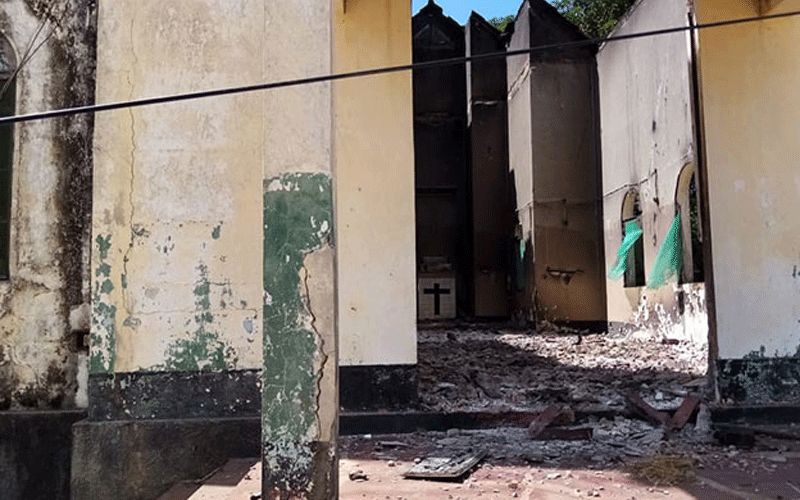Cabo Delgado, 15 July, 2020 / 10:20 pm (ACI Africa).
Members of the European Parliament, the legislative arm of the European Union (EU), are concerned about the attacks by jihadists in Cabo Delgado Province, a region covered by Mozambique’s Pemba diocese.
The legislators have described the situation as “extremely worrying” and are calling on their respective nations to consider “taking action on this issue by helping the government of Mozambique.”
In a July 14 report shared with ACI Africa, the leadership of the Catholic pastoral aid organization, Aid to the Church in Need (ACN) International, explains the deliberations of the European legislators.
On July 6, members of the External Affairs Committee of the EU parliament devoted their final session to the discussion of the three-year insurgent attacks in the rich but troubled northern region of Mozambique.
Paulo Rangel, the Portuguese EU parliamentary Deputy and Vice President of the Christian Democrat Party (PPE) who was among leaders of the executive arm of the European Union, the European Commission and the European External Action Service (EEAS) termed the situation in Cabo Delgado as “extremely worrying.”








